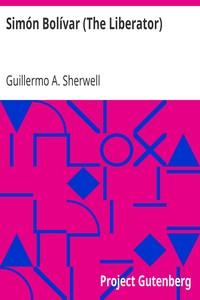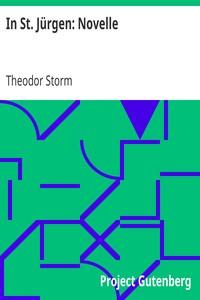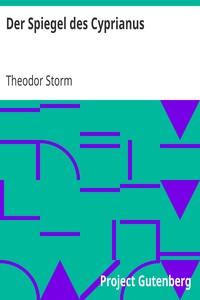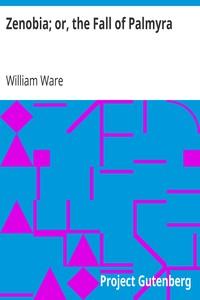Read this ebook for free! No credit card needed, absolutely nothing to pay.
Words: 57334 in 16 pages
This is an ebook sharing website. You can read the uploaded ebooks for free here. No credit cards needed, nothing to pay. If you want to own a digital copy of the ebook, or want to read offline with your favorite ebook-reader, then you can choose to buy and download the ebook.


: Simón Bolívar (The Liberator) Patriot Warrior Statesman Father of Five Nations a Sketch of His Life and His Work by Sherwell Guillermo A Guillermo Antonio - Bolívar Simón 1783-1830; South America History Wars of Independence 1806-1830
Edition: 10
SIM?N BOL?VAR
SIM?N BOL?VAR
Patriot, Warrior, Statesman Father of Five Nations
A SKETCH OF HIS LIFE AND HIS WORK
BY GUILLERMO A. SHERWELL
This biography of Bol?var was first published in Washington in 1921. It was again published in Baltimore in 1930. There have been two translations into Spanish, that of Roberto Cort?zar and that of R. Cansinos-Assens, published respectively in Bogot? and in Madrid .
The Bolivarian Society of Venezuela has decided that in homage to the memory of the Liberator on the occasion of the transfer of the statue in New York to its new site at the head of the Avenue of the Americas, the publication of another edition of this excellent work of Mr. Sherwell's which gives in an excellent condensed form the historical significations of Bol?var. The children of Mr. Sherwell have kindly given their consent to the publication of this edition which is made under the auspices of the Junta de Gobierno of the United States of Venezuela.
In the history of peoples, the veneration of national heroes has been one of the most powerful forces behind great deeds. National consciousness, rather than a matter of frontiers, racial strain or community of customs, is a feeling of attachment to one of those men who symbolize best the higher thoughts and aspirations of the country and most deeply impress the hearts of their fellow citizens. Despite efforts to write the history of peoples exclusively from the social point of view, history has been, and will continue to be, mainly a record of great names and great deeds of national heroes.
The Greeks, for us and for themselves, are not so much the people who lived in the various city-states of Hellas, nor the people dominated and more or less influenced by the Romans and later the Mohammedan conquerors, nor even the present population in which the old pure Hellenic element is in a proportion much smaller than is generally thought. Greece is what she is, lives in the life of men and shapes the minds and souls of peoples, through her great heroes, through her various gods, which were nothing but divinized heroes. Greece is for us Apollo, as a symbol of whatever is filled with light, high, beautiful and noble; Heracles for what is strength, energy, organization, life as it should be lived by human beings. Leonidas stands for us as a symbol of heroic deeds; Demosthenes as a symbol of the convincing powers of oratory and Pericles as the crystallization of Grecian life in its totality of beauty, learning and social and civic life. Greece is a type, is an attitude, is a protest against oppression, is an aspiration towards beauty, is an inspiration and a guide for men who live in the higher planes of feeling and thought. But Greece is not all that as a people; Greece is all that through men converted into symbols.
So it is with other peoples.
Rome still signifies for us the defense of the bridge against the powerful enemy; a man taking absolute power over the State and then surrendering it to the people from whom it came. Rome is Rep?blican virtue, and imperial power,--and also, alas! imperial degradation. Imperial Rome represents persecution of religion which does not recognize Caesar as a god and the assimilation of religions which do not hesitate to add a god to those they adore. Rome, too, symbolizes the tendency to unity which survives and inspires the life of the nations of Europe, if not of the world,--a tendency altogether manifest in the last gigantic struggle through which mankind has just passed. Rome, finally, stands for Law, for the most marvelous social machine ever devised by human brains. But Rome is all that, and more than that, through Horace, Sulla, Cato, Caesar, Cicero, Nero, Caracalla and Justinian.
Free books android app tbrJar TBR JAR Read Free books online gutenberg
More posts by @FreeBooks









